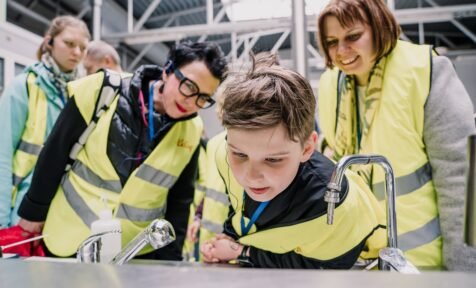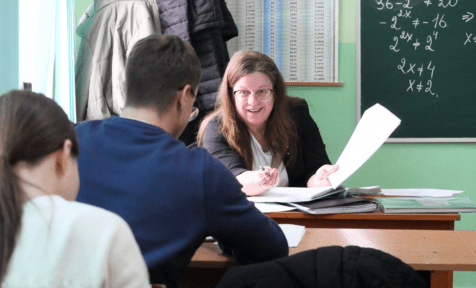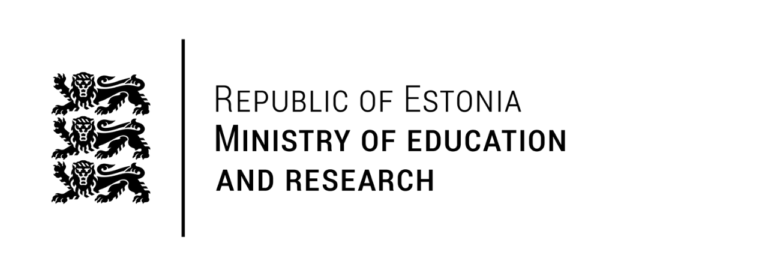With the extensive use of distance learning in 2020, patterns of communication and cooperation between the home and school have changed, a study led by University of Tartu researchers reveals. The importance of informal communication has grown. Schoolchildren and their families need more advice and information to adapt to new routines and new learning environments.
According to the headmasters, teachers, researchers and education policy-makers participating in the youth digital skills project “Youth Skills”, the fact that teaching and learning moved online due to the changed circumstances has also had a positive effect: communication between parents and teachers has improved. As a result, both parties have gained a better understanding of what efforts are necessary to teach children and create a suitable learning environment.
Communication-related digital skills are insufficient
Even so, the 20 interviewed education experts from Estonia, Finland, Portugal, Italy, Germany and Poland found that home-school communication, including communication-related to children’s digital skills, has generally been insufficient. Although the schools made a lot of efforts before the coronavirus crisis, and continue to make efforts to inform parents and involve them in the activities, the outcomes are not always as expected. The parents often encounter barriers that prevent them from being involved in and contributing to school life – such as workload and lack of time, low interest, low level of education, or socioeconomic background.
Recommendations on how to support digital literacy
According to the authors of the research, the parents’ digital skills need improving. In the report, the authors led by Mai Beilmann, Research Fellow in Sociology at the University of Tartu, give recommendations on how to better ensure children’s digital literacy and wellbeing through supporting the parents.
- Communication and training opportunities should be available outside the school environment, creating opportunities for parents to acquire digital literacy and discuss topical issues. Besides parent-teacher conferences, also workshops, seminars, and training sessions, where parents could learn from each other, would be suitable.
- The researchers point out that communication skills are of key importance in teacher education and educators’ professional development. In digital skills, teachers and headmasters need better preparation to be able to communicate more efficiently about digital skills with different target groups.
- The authors emphasise the need for clear agreements about learning environments – this would be beneficial, above all, for younger pupils whose learning is best supported by familiar and stable digital environments.
The Youth Skills is a comprehensive international research project seeking through studying children and adolescents’ knowledge and skills to better understand how to purposefully use information and communication technology towards greater wellbeing and cope with its negative impacts.
- The expert interviews results are available in the report published in English on the project website and in the shorter blog post.





